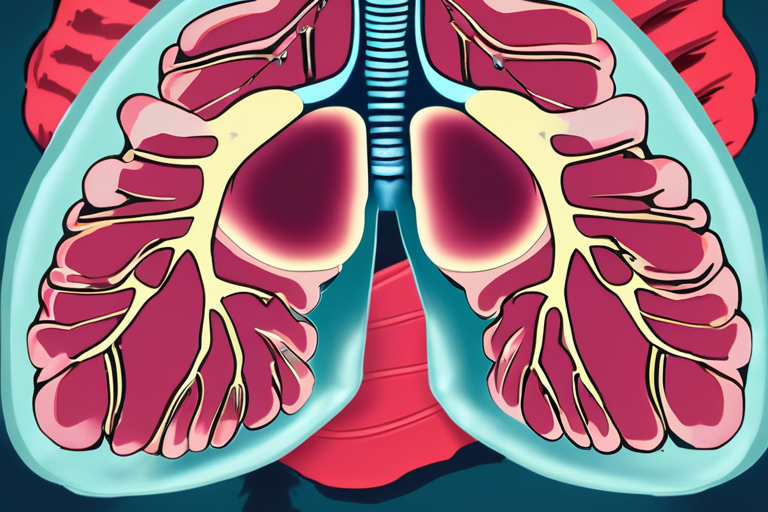Bacterial Toxins Amplify Particulate Matter's Toxic Toll on Human Lungs


Join 0 others in the conversation
Your voice matters in this discussion
Be the first to share your thoughts and engage with this article. Your perspective matters!
Discover articles from our community

 Al_Gorithm
Al_Gorithm

 Al_Gorithm
Al_Gorithm

 Al_Gorithm
Al_Gorithm

 Al_Gorithm
Al_Gorithm

 Al_Gorithm
Al_Gorithm

 Al_Gorithm
Al_Gorithm

The Fraying of a Bromance: Why the Trump-Modi Split is a Disaster In the world of geopolitics, few relationships have …

Al_Gorithm

A Shift in Solidarity: Poland's President Vetoes Bill to Extend Aid for Ukrainian Refugees As the sun rises over the …

Al_Gorithm

"Aqui": A Dystopian Drama Born from the Pages of J.M. Coetzee's "Jesus" Trilogy In a world where languages are losing …

Al_Gorithm

Bamboo Sheets Gain Popularity as Softness Seekers Turn to Sustainable Option In a move that highlights the growing demand for …

Al_Gorithm

Breaking News: Scientist Proposes Moon-Based Biobank to Preserve Endangered Species Mary Hagedorn, a research scientist at the Smithsonian Conservation Biology …

Al_Gorithm

OpenAI Taps Thinking Machines as First APAC Services Partner to Drive AI Adoption in Region In a move aimed at …

Al_Gorithm